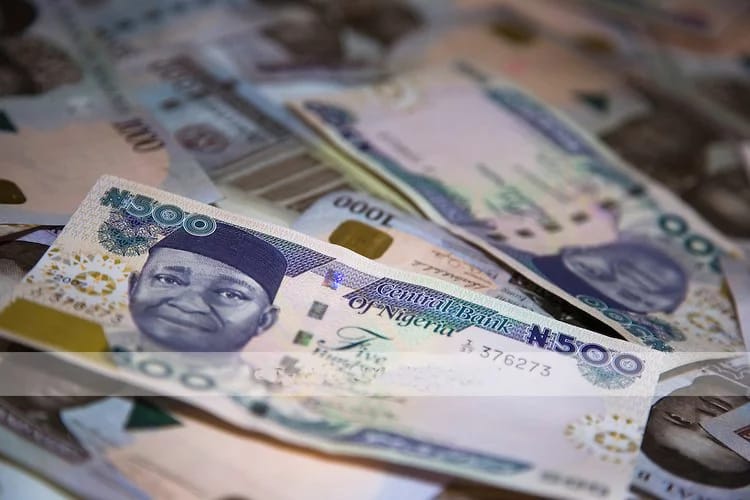If our previous article, we shared three ways to save for a debt-free dream vacation which were:
- Place Vacations High On Your Priority List
- Count The Cost/Do Your Research
- Designate Income To Travel
We started with prioritizing, because if your mind or attitude towards going on vacations is wrong, then you will have a million and one excuses for not saving up for it.
Now, we are moving on to the next point:
Count The Cost
Once the destination and period of your trip is known, find out the cost of going there. You can get an estimate of the trip from people who have been there already. Then divide that amount by the number of months left till your chosen date to get how much you need to save per month.
Sometimes, your income level and when you plan for the vacation already dictates the vacation you can have. For instance, if you want an international family vacation, you might need to save a year in advance if you earn N200,000 monthly salary. Don’t forget to factor in inflation when you save.
Below are the things you should consider when deciding the total cost of the trip:
- Transportation costs – Use the dates you intend to travel to search for airfare deals from websites like Wakanow, Wontra, travel blogs, etc. If you choose a jump ‘off-city’ (i.e. a place close to a popular destination), you might also need to make enquiries about the cost of transporting from your hotel to the location. For example, if you book a hotel in Benin City and you intend to take a 1hr 30mins drive to visit Okomu National Park or Abraka Turf Country club. Both intra-city and inter-country or continental costs should be considered.
- Accommodation cost – This includes the cost of transit journeys when you need to spend long hours outside the airport pending your next flight. And accommodation when you arrive at your destination. You might choose to share a room with a stranger (per person sharing) or go with a friend if it helps you to cut the total financial cost of the trip. Beware of hidden charges like taxes and hotel VATs that creep up on you. Find out how much you need to set aside to cover such extra expenses during your trip and include the amount in your plans.
- Feeding costs – You need to factor in how much the meals you will eat for the duration of the trip will be. If the accommodation cost covers complimentary breakfast or not and the cost of going on tours/activities where feeding is provided for.
- Visas – The visa-free countries our Nigerian passport entitles us to, also requires border passes or entry & exit fees. Find out what those fees are and for non-visa free countries, you need to confirm their visa fees haven’t changed.
- Exchange rates and Off-peak seasons – If you are visiting a popular destination, it might be cheaper to go there before their peak season. So try to find out what the cost for off-season trips to your favourite destinations are. Also, for those travelling abroad, knowing the exchange rates – however it may fluctuate – might enable you to make a realistic plan on how to save enough cash for your trip.
The list goes on but these are the bare essentials. Next time, we will be concluding this piece with the last point, raising and designating income for all your travel experiences. Stick around.
Feature Image: thewillnigeria.com


